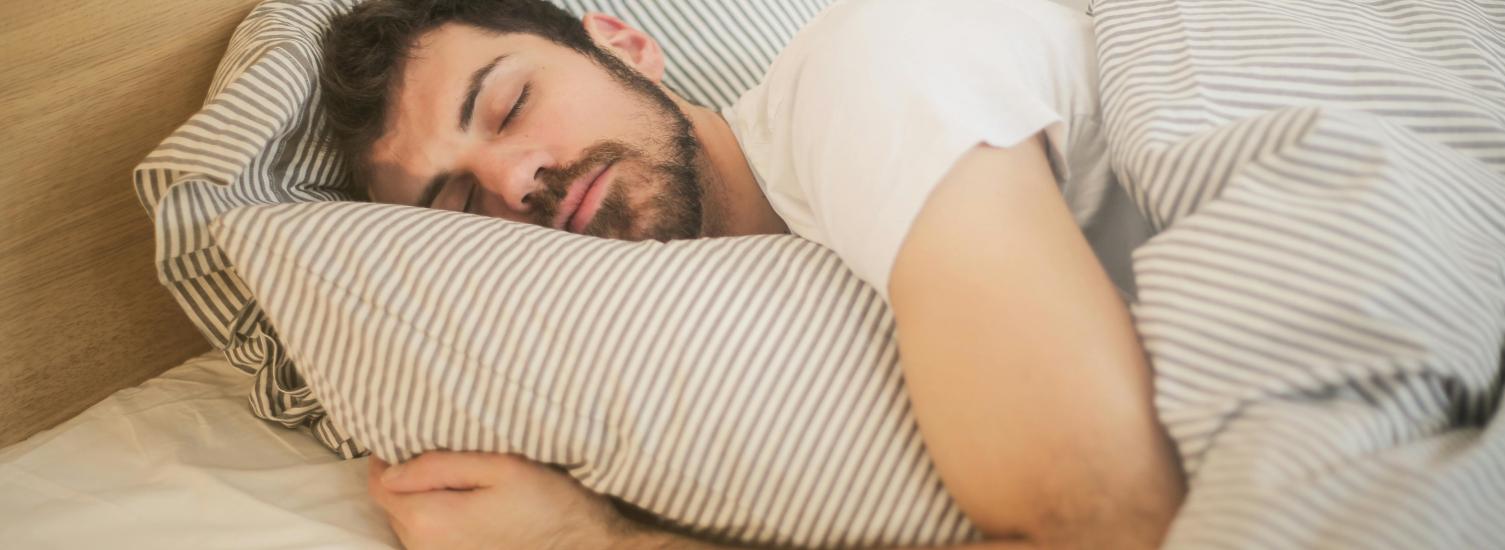
Testosterone, the key male sex hormone, plays a vital role in muscle mass, bone density, sex drive, and overall well-being. But did you know your sleep quality can significantly impact your testosterone levels, and vice versa? It's a two-way street, with each influencing the other in a complex dance.
Low Testosterone and Sleep Disruption
When testosterone levels dip, it can wreak havoc on your sleep. Here's how:
- Disrupted Sleep Cycles: Testosterone production follows a natural circadian rhythm, peaking during deep sleep stages. Low testosterone disrupts this rhythm, making it harder to fall asleep and stay asleep throughout the night. You might experience frequent awakenings, fragmented sleep, or difficulty reaching deeper sleep stages.
- Increased Cortisol Levels: When testosterone dips, cortisol, the stress hormone, can rise. Cortisol keeps you alert, making it harder to unwind and prepare for sleep. This creates a vicious cycle as poor sleep further lowers testosterone and keeps cortisol elevated.
- Sleep Apnea Connection: Obstructive sleep apnea (OSA) is a condition where breathing repeatedly stops and starts during sleep. Research suggests a link between OSA and low testosterone. While the cause-and-effect isn't fully understood, some theories suggest OSA reduces oxygen supply, impacting testosterone production.
These sleep disturbances caused by low testosterone can manifest as:
- Insomnia: Difficulty falling asleep or staying asleep.
- Fatigue: Feeling tired and sluggish even after getting enough sleep (due to poor quality sleep).
- Restless Sleep: Frequent tossing and turning throughout the night.
- Increased Need to Urinate at Night: Disrupted sleep can lead to increased nighttime urination.
Sleep Deprivation's Impact on Testosterone
Just as low testosterone disrupts sleep, chronic sleep deprivation can also decrease testosterone production. Here's why:
- Suppressed LH Levels: During sleep, the hypothalamus releases gonadotropin-releasing hormone (GnRH), which stimulates the pituitary gland to produce luteinizing hormone (LH). LH plays a crucial role in testosterone production. When sleep is insufficient, GnRH and LH production decrease, consequently impacting testosterone levels.
- Increased Inflammation: Sleep deprivation triggers a low-grade inflammatory state in the body. Chronic inflammation can impair testosterone production in the testes.
Studies have shown that even a week of restricted sleep (less than 5 hours per night) can significantly lower testosterone levels in healthy young men.
Improving Sleep for Better Testosterone Levels
The good news is that improving your sleep can have a positive impact on testosterone levels. Here are some tips:
- Prioritize Sleep Hygiene: Establish a consistent sleep schedule, going to bed and waking up at the same time each day, even on weekends.
- Create a Relaxing Bedtime Routine: Wind down before bed with calming activities like reading, taking a warm bath, or light stretching. Avoid screens and stimulating activities for at least an hour before sleep.
- Optimize Your Sleep Environment: Ensure your bedroom is dark, quiet, cool, and clutter-free. Invest in a comfortable mattress and pillows.
- Regular Exercise: Regular physical activity promotes healthy sleep patterns. However, avoid vigorous exercise close to bedtime as it can be stimulating.
- Limit Caffeine and Alcohol: Both substances can disrupt sleep. Avoid caffeine in the afternoon and evening, and limit alcohol consumption, especially close to bedtime.
- Manage Stress: Chronic stress can negatively impact sleep. Practice relaxation techniques like deep breathing or meditation to manage stress levels.
Testosterone Replacement Therapy (TRT)
If you have confirmed low testosterone and the associated symptoms significantly impact your life, your doctor may recommend TRT. HRT Doctor provides professional and confidential Low Testosterone Replacement Therapy (TRT) services to men who are experiencing Low-T symptoms. To find out more, contact us online or call to speak to one of our patient care specialists at (888) 827-0142.
